
Macular Degeneration- Overview
Macular degeneration is a term used to describe a condition that affects the macula, a part of the retina. The macula is responsible for central vision and any structural damage to this part of the retina leads to changes in central vision. The very symptoms of macular degeneration can be sudden and frightening. It is estimated that advanced macular degeneration affects approximately 1.8 million people above the age of 50.
This is a serious medical condition with only a few treatment modalities. Since it affects older generations, macular degeneration is classified as age-related disease. If left untreated it may cause serious loss of vision.
Macular degeneration can be classified into wet macular degeneration and dry macular degeneration. In wet (exudative or nevascular) macular degeneration the structural changes of the retina include the growth of newly created abnormal blood vessels under the center of the retina. On the other hand, dry macular degeneration features with gradual breakdown of cells in the macula which eventually results in gradual blurring of central vision.
The Onset and Symptoms of Macular Degeneration
Macular degeneration features with specific changes of the macula and in all patients these changes eventually cause loss of central vision. This loss typically occurs in a form of blind spots and distortion. The macula is in charge with approximately 35% of visual field. The rest, 65% of visual field is actually peripheral vision. In macular degeneration only central vision is impaired while peripheral vision remains intact. This is why macular degeneration does not cause total blindness.
Initially symptoms of macular degeneration are subtle and they tend to intensify gradually. The patients may not have any symptoms at all while the macula has already been damaged to certain extent. Once the damage is significant enough a person notices changes in vision. In case of wet macular degeneration symptoms may develop within weeks or even days. The most common symptoms of macular degeneration include gradual increase of one's inability to see objects and surrounding clearly, blurred and fuzzy vision in the central vision area. The colors and details may not appear clear any more. Furthermore, contrast in darks and lights become less discernible and shadows are no longer seen. One may report waving or distortion of objects and straight lines. In advanced stages patients complain about foggy, empty or even dark area which appears in the center of the visual field. And finally, patients may be able to see only through peripheral vision and may become sensitive to lights.
If any of the previously mentioned symptoms develop one is supposed to consult his/ her ophthalmologist who will perform certain tests and examinations and confirm or rule out macular degeneration and if the condition is confirmed prescribe suitable macular degeneration treatment.


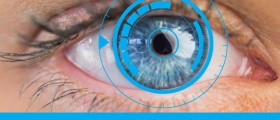


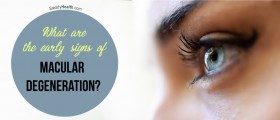
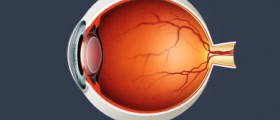







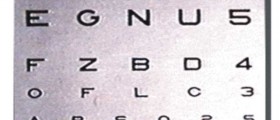
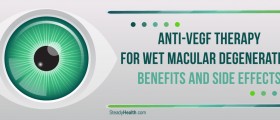

Your thoughts on this
Loading...